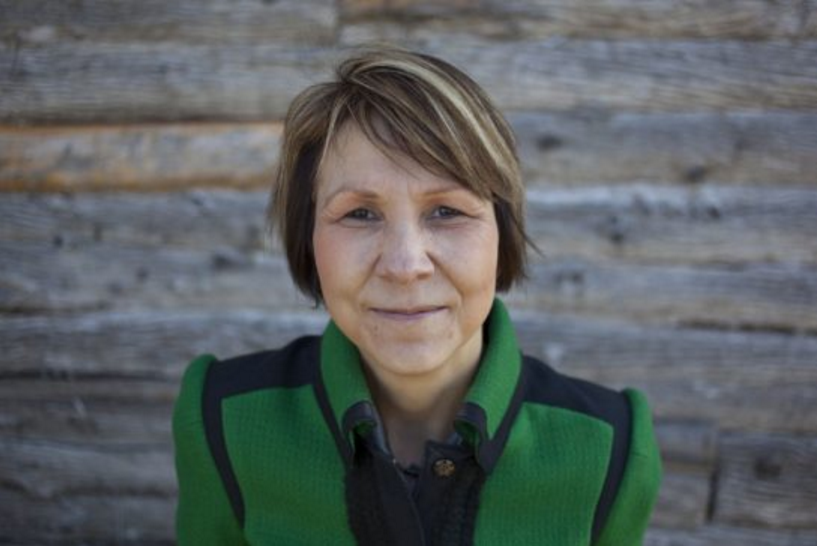
Colette Murphy is the Executive Director of the Atkinson Foundation.
On January 26th, the Canadian Human Rights Tribunal ruled that the federal government discriminates against First Nation children on reserves by failing to provide the same level of child welfare services as children receive elsewhere.
This ruling comes nine years after Dr. Cindy Blackstock, executive director of the First Nations Child and Family Caring Society, along with the Assembly of First Nations, filed a formal complaint – and almost 20 years after they brought the government’s discriminatory funding practices to light.
Currently, the on reserve child welfare system receives up to 38% less funding than the system that operates in the rest of the country. The Tribunal’s decision requires the government to close this gap and take measures to redress and prevent inequities. It also calls for an overhaul of the child welfare system and its funding model, emphasizing the need for services that are culturally appropriate and under the direction of First Nations communities.
While an irrefutable victory for children, a question remains: why was the fight ever necessary? “Isn’t that our job as adults, to stand up for kids?” asked Dr. Blackstock at the press conference about the decision. “Why did we have to bring the government of Canada to court to get them to treat First Nation children fairly? Little kids,” she said. “Why would it ever be OK to give a child less than other children?”
In 2009, the second year of this arduous legal process, Dr. Blackstock became an Atkinson Economic Justice Fellow. We were inspired by her authoritative, passionate and relentless pursuit of justice for First Nations, especially young children. We knew her exceptional advocacy efforts could not be sustained without significant philanthropic resources and public support.
My predecessor, Dr. Charles Pascal, presented the award during the launch of a stirring photography exhibition called Caring Across Boundaries. Curated by Dr. Blackstock, with 40 images by Liam Sharp, the exhibition provided a window into three First Nations communities in northern Ontario, British Columbia and New Brunswick to promote reconciliation for the wellbeing of children and youth.
In social justice philanthropy, progress is often measured in generations not years. The Tribunal’s decision is, therefore, a source of pride, encouragement and new resolve to remove all boundaries to Canada’s caring.
